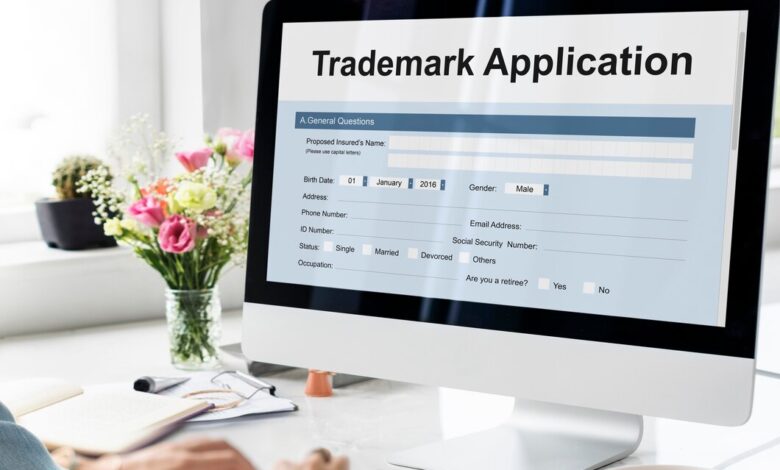10 Ways South African SMEs Can Protect Intellectual Property

Intellectual Property (IP) is a critical asset for Small and Medium Enterprises (SMEs) in South Africa. Protecting IP ensures that businesses retain the competitive edge gained through their innovations, brand identity, and proprietary information. Here are ten strategies that South African SMEs can implement to safeguard their intellectual property.
1. Register Trademarks
Trademarks protect brand names, logos, and slogans. SMEs should register their trademarks with the Companies and Intellectual Property Commission (CIPC) to gain exclusive rights to their use. This helps prevent others from using similar marks that could confuse consumers or dilute the brand’s identity.
2. Apply for Patents
Patents protect inventions and give the holder exclusive rights to use, make, and sell the invention for a certain period. SMEs should file patent applications with the CIPC for any new, useful, and non-obvious inventions. This prevents competitors from exploiting the innovation without permission.
3. Protect Copyrights
Copyrights protect original works of authorship, such as literary, musical, and artistic works. SMEs should register copyrights to secure their rights against unauthorized use or reproduction. This is particularly important for businesses in the creative industries.
4. Utilize Trade Secrets
Trade secrets include formulas, practices, designs, processes, or any information that gives a business a competitive edge. SMEs should implement strict confidentiality agreements and employee contracts to protect trade secrets from being disclosed or misused.
5. Implement Non-Disclosure Agreements (NDAs)
NDAs are legal contracts that prevent parties from disclosing confidential information shared during business dealings. SMEs should require employees, contractors, and business partners to sign NDAs to protect sensitive information during negotiations and collaborations.
6. Conduct IP Audits
Regular IP audits help SMEs identify and assess their IP assets. This process involves evaluating the current IP portfolio, ensuring proper registrations, and identifying potential risks or gaps. An IP audit helps businesses strategically manage and protect their intellectual property.
7. Educate Employees
Employees should be aware of the importance of IP and the measures in place to protect it. Regular training sessions on IP protection, company policies, and the consequences of IP theft or infringement can help create a culture of respect for intellectual property within the organization.
8. Monitor the Market
SMEs should actively monitor the market for potential IP infringements. This involves keeping an eye on competitors, conducting online searches, and using IP monitoring services. Early detection of infringements allows businesses to take timely action to enforce their rights.
9. Enforce IP Rights
When IP infringement is detected, SMEs should take decisive action to enforce their rights. This may involve sending cease-and-desist letters, pursuing legal action, or negotiating settlements. Enforcing IP rights deters potential infringers and reinforces the value of the IP assets.
10. Seek Professional Advice
Navigating the complexities of IP law can be challenging. SMEs should seek advice from IP attorneys or consultants to ensure they are taking the right steps to protect their assets. Professional advice can help businesses with IP registrations, strategy development, and enforcement actions.
Protecting intellectual property is essential for the growth and sustainability of South African SMEs. By implementing these ten strategies, businesses can safeguard their innovations, brand identity, and competitive advantage. In a rapidly evolving marketplace, robust IP protection not only secures current assets but also paves the way for future success and innovation.


